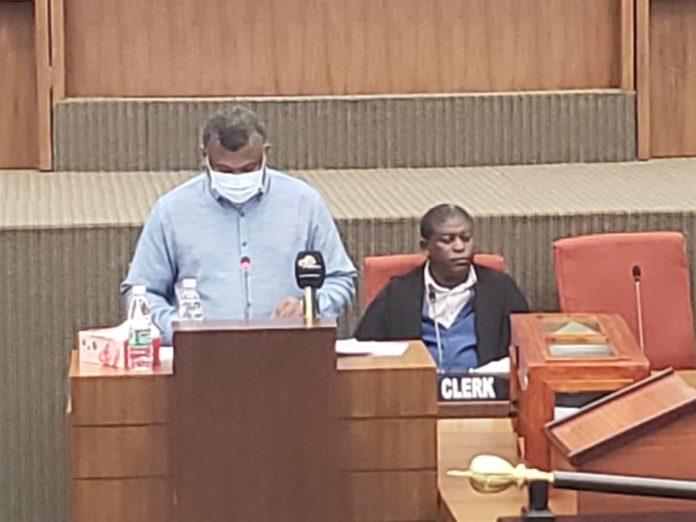By Momodou jarju
Experts in the fight against the COVID-19 pandemic in The Gambia have recommended the use of lockdown measures in a bid to curb the rapid rise in confirmed case of the deadly virus.
According to the COVID-19 National Situation Report #109 as of 29 July 2019, the country recorded over 90 cases, the highest record so far and thus increasing the overall confirmed cases to over 400.
The experts in the situation report outline the challenges the country is grappling with in the fight against the respiratory disease as well as recommendations to curb the spike.
“Imposition of stringent lockdown measures in both Western 1 and 2 regions in order to curb the spread of the virus,” the expert report said.
Other steps and/or recommendations included the urgent procurement of an Online UPS (for the molecular lab) to ensure the continuity of sample processing even when there are sudden power outages.
It is also recommended that IPC measures should be strictly adhered to in all public and private health healthcare facilities and the search for confirmed cases who continue to be at large needs to be intensified in order to halt the potential spread of the virus by them.
Provision of adequate stocks of PPEs to all health facilities as well as health workers to observe all COVID-19 preventive measures including the donning of appropriate PPEs at all times are also recommended.
“Ensure there is uninterrupted electricity supply either by the procurement and installation of a solar system or the provision of a standby generator.
“Logistic Sub-Committee on COVID to engage MOWCI and GCAA on the modalities of receiving passengers from a flight to maintain social distancing during operations,” the expert report stated.
On the gaps and/or challenges, the expert report stated that there is widespread community transmission of the deadly virus in the country.
Another challenge the country is grappling with in the fight against Covid-19, according to the expert report, is that the National Public Health Lab (NPHL) is being plagued by intermittent power outages resulting in substantial delays in the processing of samples.
Three (3) confirmed cases are still on the run despite being active cases; occurrence of COVID-19 among healthcare workers; frequent power outages in the PHEOC due to the reliance on NAWEC; and cost borne by government at designated quarantine facilities is prohibitive and may be unsustainable, are the other challenges.




















